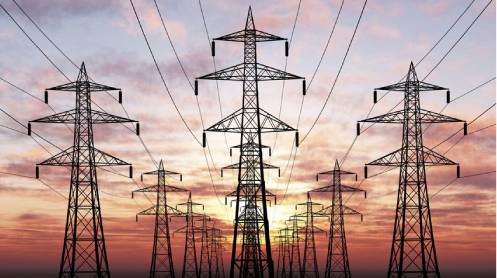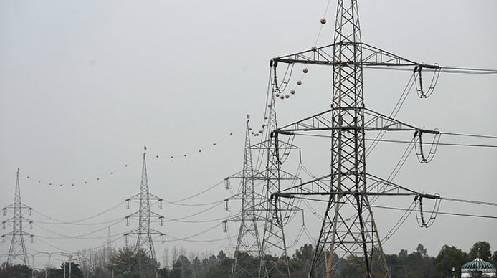ISLAMABAD: The Power Division has firmly dismissed the All Pakistan Textile Mills Association’s (Aptma) objections to the government’s power generation blueprint, the Indicative Generation Capacity Expansion Plan (IGCEP) 2025-35, calling the concerns “flawed” and “based on unrealistic assumptions.”
In its response submitted to the National Electric Power Regulatory Authority (Nepra), the Power Division stressed that the revised IGCEP represents a decisive shift towards affordability, transparency, and sustainability. It noted that Aptma’s criticism misrepresents facts, while the plan itself is designed to ensure reliable and low-cost electricity through the inclusion of cost-effective projects.
According to the Division, the revised IGCEP would save an estimated $17 billion by scrapping 7,000MW of previously committed projects, thereby averting a potential increase of Rs4.96 per unit in electricity tariffs. The plan also prioritises indigenous energy resources — including hydro, wind, solar, and nuclear — to cut reliance on imported fuels such as RLNG and coal, reducing the burden on foreign exchange and enhancing energy security.
Defending its demand forecasting model, the Division said the methodology was validated by international consultants, using regression analysis based on GDP growth and electricity prices, not simply population growth as Aptma had suggested. It added that a bottom-up approach incorporating feeder-level data from distribution companies ensured accuracy, with results aligning with global forecasting trends.
On high capacity charges, the Power Division maintained that recent additions of nuclear and local coal projects were necessary for long-term security. While these projects carry higher upfront costs, their lower energy costs will ultimately reduce consumer tariffs. The planned retirement of older thermal plants and the growing share of renewables will further ease capacity payments over time.
Rejecting Aptma’s claim that IGCEP overlooked emerging trends like distributed solar, the Division said such factors were explicitly accounted for. It also underlined that energy planning must take into account long-term demand driven by urban growth, industrial expansion, and technological change.
The Power Division concluded that IGCEP 2025-35 is a transparent, consultative, and forward-looking plan that balances affordability with sustainability, ensuring Pakistan’s future energy security and economic growth.







